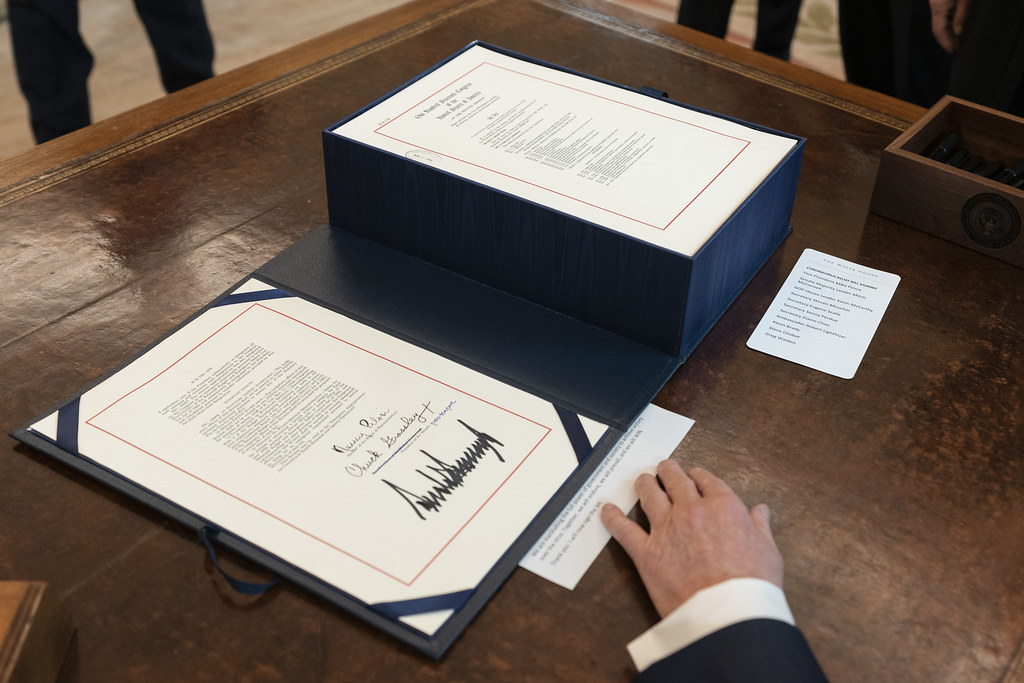
In the first round of “tariff letters” sent to U.S. trading partners, President Donald Trump singled out two close allies in Asia: Japan and South Korea. Both nations, heavily dependent on exports, are already feeling the impact of existing tariffs on automobiles and steel exports. The new tariffs threaten to deepen economic challenges as Japan faces a likely technical recession, defined as two consecutive quarters of contraction.
Both Japan and South Korea reported shrinking GDP in the first quarter on a quarter-over-quarter basis. While South Korean imports to the U.S. face a steady 25% tariff as previously announced in April, Japan’s tariff rate has been increased by 1 percentage point to 25%. Exports accounted for nearly 22% of Japan’s GDP and 44% of South Korea’s GDP in 2023. The U.S. tariffs affect automobiles, steel, and aluminum—key export sectors for both countries.
Responses from Japan and South Korea
Japanese Prime Minister Shigeru Ishiba emphasized Japan’s commitment to seeking mutually beneficial agreements while protecting national interests. Japan has made it clear it will not accept a deal that does not remove auto tariffs. Oxford Economics projects the new tariffs will reduce Japan’s GDP growth by 0.1 percentage points by the end of 2026, with concerns Japan could enter a recession in late 2025 or early 2026.
South Korea’s central bank revised down its GDP growth forecast for 2025 from 1.5% to 0.8%, citing delayed domestic demand recovery and slowing export growth due to U.S. tariffs. HSBC’s Chief Asia Economist Frederic Neumann warns these tariffs could create “considerable headwinds” for both economies if unresolved.
President Trump indicated he might adjust tariffs if Japan and South Korea open their markets to U.S. exports. However, frustration over stalled negotiations remains, especially with Japan’s firm stance on sectoral tariffs. Markets appear calm for now, viewing the tariff letters as an extension for ongoing talks.
What The Author Thinks
Targeting allies like Japan and South Korea with tariffs risks damaging crucial partnerships and disrupting global supply chains. Economic stability in these countries supports broader global growth, and harsh tariffs could increase costs for U.S. consumers. It’s in everyone’s interest to pursue cooperation over confrontation.
Featured image credit: Trump White House Archived via Flickr
For more stories like it, click the +Follow button at the top of this page to follow us.
